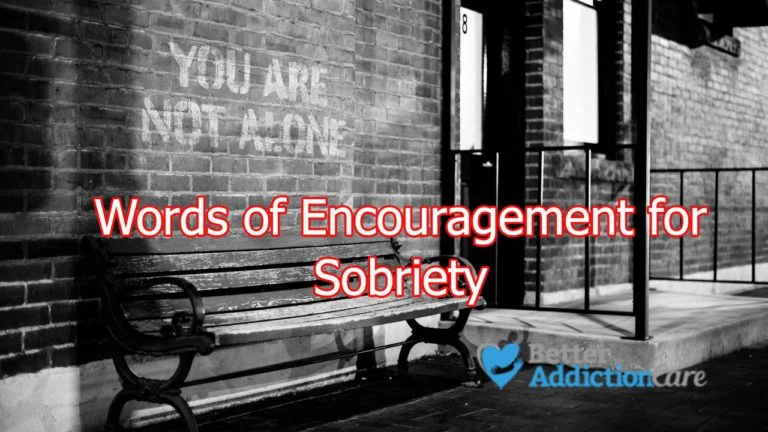
Overview
Westfall Associates is a facility in Rochester, New York, that helps adults and teens with their mental health and drug issues. The center helps people who abuse drugs, alcohol, prescription drugs, or tobacco products. Westfall Associates is open to both men and women who are looking for recovery help and focuses on providing individualized care.
The facility has many different programs, such as detox, inpatient rehab, outpatient services, intense outpatient programs, partial hospitalization, aftercare, and sober living or halfway houses. Cognitive behavioral therapy, group therapy, dual illness care, family counseling, and stress management are some of the ways they treat their patients. Westfall Associates treats people by looking at their whole situation, including their physical, mental, social, and behavioral needs. They also specialize in trauma therapy and dual illness care for people who have problems with both mental health and addiction. Westfall Associates makes sure that high levels of care and treatment are met because it is accredited by The Joint Commission.
Westfall Associates at a Glance
Payment Options
- Cash or self-payment
- Medicare
- Private health insurance
- Sliding fee scale (fee is based on income and other factors)
- Self-pay options
Assessments
- Screening for tobacco use
- Comprehensive mental health assessment
- Comprehensive substance use assessment
- Interim services for clients
- Outreach to persons in the community
Age Groups
- Adolescents
- Young adults
- Children/adolescents
Ancillary Services
- Case management service
- Suicide prevention services
- Domestic violence services, including family or partner
- Mental health services
- Social skills development
Highlights About Westfall Associates
7.53/10
With an overall rating of 7.53/10, this facility has following balanced range of services. Alcohol Rehabilitation: 8.00/10, Drug Rehab and Detox: 8.15/10, Insurance and Payments: 6.13/10, Treatment Options: 7.82/10.-
Drug Rehab and Detox 8.15
-
Alcohol Rehabilitation 8.00
-
Treatment Options 7.82
-
Insurance and Payments 6.13
Accreditations
State department of health:

Government agencies issue State Licenses, granting permission to rehabilitation organizations to conduct their business operations lawfully within specific geographic regions. Generally, the particular rehabilitation programs offered by a facility and its physical location dictate the necessary licenses needed for legal operation.
Registration: 131111105
The Joint Commission:

The Joint Commission, previously known as JCAHO, is a nonprofit organization that accredits rehabilitation organizations and programs. Established in 1951, its mission is to enhance the quality of patient care and showcase excellence in healthcare delivery.
Treatment At Westfall Associates
Treatment Conditions
- Alcoholism
- Substance use treatment
Care Levels
- Outpatient
- Outpatient methadone/buprenorphine or naltrexone treatment
- Regular outpatient treatment
- Aftercare
- Hospital inpatient detoxification
Treatment Modalities
- Cognitive behavioral therapy
- Telemedicine/telehealth therapy
- Substance use disorder counseling
- Trauma-related counseling
- Smoking/vaping/tobacco cessation counseling
Ancillary Services
Languages
- Sign language services for the deaf and hard of hearing
- English
Additional Services
- Pharmacotherapies administered during treatment
- Mentoring/peer support
- Breathalyzer or blood alcohol testing
Special Programs
- Clients with co-occurring mental and substance use disorders
- Clients who have experienced trauma
- Clients with co-occurring pain and substance use disorders
Contact Information
Read our Most Recent Article About Drug Addiction
DISCLAIMER: The facility name, logo and brand are the property and registered trademarks of Westfall Associates, and are being used for identification and informational purposes only. Use of these names, logos and brands shall not imply endorsement. BetterAddictionCare.com is not affiliated with or sponsored by Westfall Associates.








